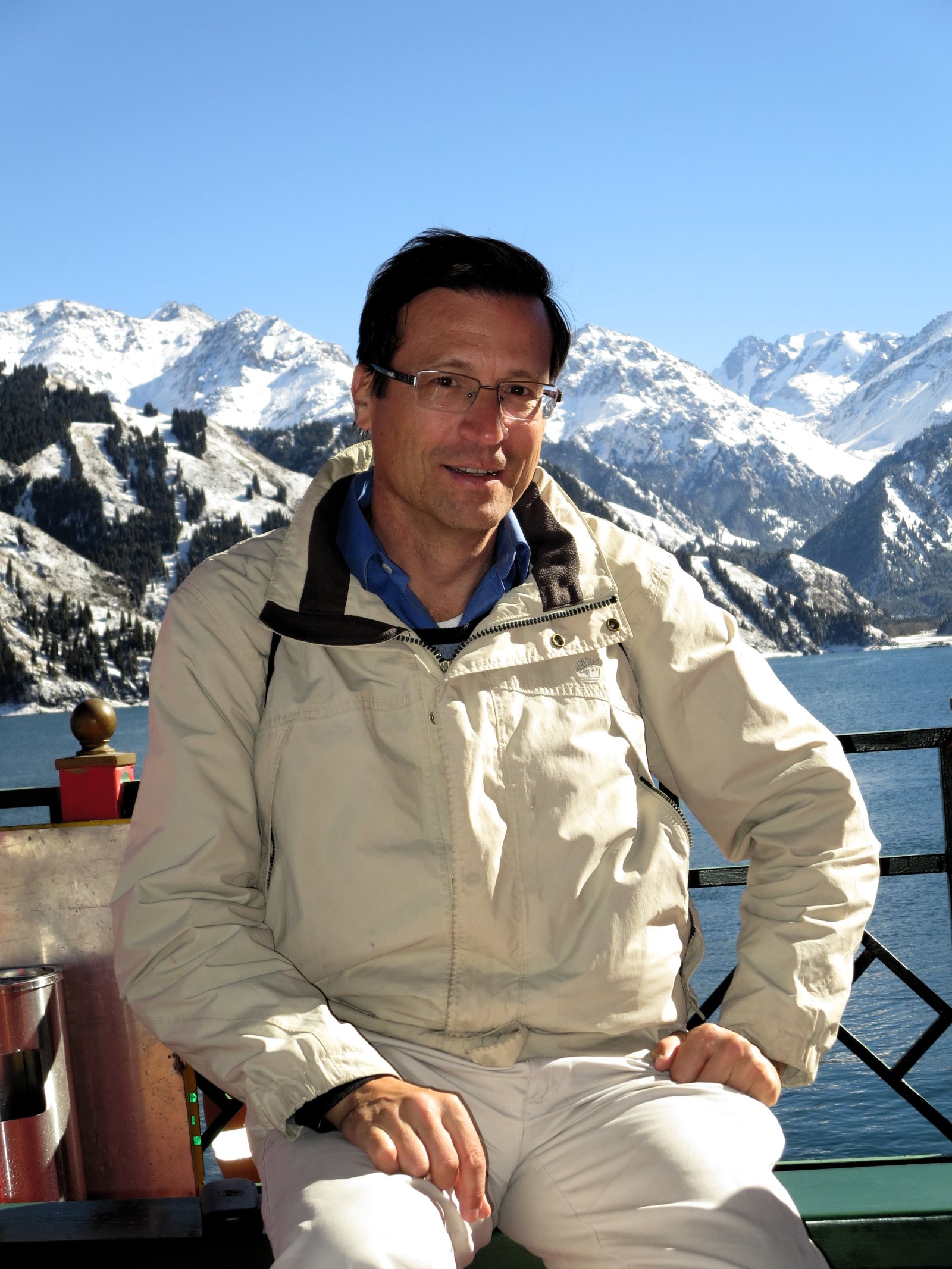
- Diese Veranstaltung hat bereits stattgefunden.
Colloquium Philipp Podsiadlowski

By Philipp Podsiadlowski, Stellar Astrophysics, University of Oxford, UK
While the basic evolution of stars has been understood for many decades, there are still major uncertainties in our theoretical understanding of how stars end their lives, both in the context of low- and intermediate-mass stars (including the Sun) and massive stars. After reviewing some of key principles that govern the structure and evolution of stars, I will present recent progress that has been made for both groups of stars. I will argue and present numerical simulations that show that all stars become dynamically unstable when they become very large giants, which leads to sporadic, dynamical mass ejections. Low- and intermediate-mass stars may lose all of their envelopes as a consequence, leaving white-dwarf remnants. More massive stars experience core collapse, leaving a neutron-star or black-hole remnant, possibly associated with a supernova explosion. I will show how the dramatic recent progress on understanding the core-collapse process, for the first time, allows us to connect the late evolution of massive stars with the resulting supernova explosions and the final remnants and discuss how observations with current gravitational-wave detectors (such as LIGO) will allow us to test this theoretical connection.
Short CV:
Philipp grew up in Germany, but left Germany after three years of study at the Technical University of Munich to start a PhD at the Massachusetts Institute of Technology in Cambridge (USA). After graduating there in 1989, writing a thesis on „Binary Models for Supernova 1987A“, he moved to Cambridge (UK) for 5 years, first as a SERC Fellow and later as a Royal Society Research Associate of Martin Rees. After a year as a Royal Society Exchange Fellow at the Max-Planck-Institute for Astronomy in Munich, he became a SERC Advanced Fellow and University Lecturer at the University of Oxford in 1996, becoming Full Professor in 2006. In 2015, he was awarded a Humboldt Research Prize by the Humboldt Society in Germany, which has helped him to establish a close scientific link with the University of Bonn. In 2020 he gave up his university position to become an independent scientist. Philipp is an expert on the theory of single and binary stars, in particular with applications to compact binary systems, the progenitors of different supernova types, and most recently to understanding the origin of the gravitational-wave sources discovered by the Advanced LIGO detector since 2016. In recent years, Philipp has been a regular visitor to HITS, working with the groups of Fritz Röpke and Fabian Schneider. He is currently the Klaus Tschira Guest Professor at HITS.
REGISTRATION: